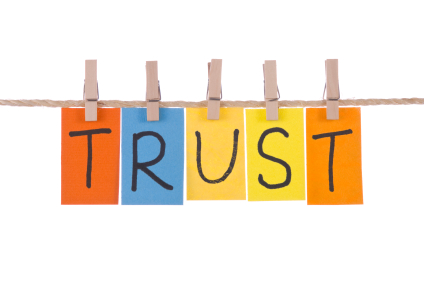
About a month or so after my husband and I got married, we decided we needed to get another dog. It was something we had talked about for a while leading up to the wedding, since the dog I had could use a friend. Somehow it made sense in our minds to wait until after the wedding to launch in to the crazy world of introducing another dog into the house, and we figured a few weeks was enough time to take on this new adventure. The challenge was that on that particular Saturday, I had a bridal party to attend. So my husband decided he would go to the shelter by himself “just to look.” Of course, it wasn’t long before I started getting text messages with pictures of dogs that were in need of new homes. “Just to look” quickly became “adopting today.”
Before my husband left on his quest, we agreed on a few things:
1) We wanted a female dog (the dog I had was male.)
2) She needed to be young and comparable in age to the puppy I already had.
3) She needed to be smaller than my existing dog (so as to minimize the competitive dynamic that would be created.)
We realized that these greatly limited our search, but were comfortable that these parameters would help create a successful transition in our home.
Imagine my surprise then when the initial text images I received were of an older, bigger, male dog!
A phone conversation quickly followed.
And as I listened to my husband explain why he was considering this dog that fell completely outside our given parameters, I found myself saying to him “If this is the dog that you think should be part of our home, I trust you to make that decision.”
It was a small, but significant moment in our marriage.
Although I had realized intellectually that I needed to trust my husband to make decisions that would effect my life for years to come, this was where the rubber met the proverbial road. I couldn’t see the dog, I could’t verify my husband’s instincts or provide another alternative to consider, I simply had to choose whether or not to trust him and the wisdom God had given him. And I realized trusting him often has as much to say about my character as it did about his. After all, I wouldn’t have married him if I didn’t think that he was a man worthy of my trust. But now I had to choose whether I was going to depend on my old self-reliance, or actually live according to the vows I had made to honor and respect him by relying on his wisdom. Choosing the latter was challenging (because of who I am, not because he was unworthy of such dependence), but in doing so, it strengthened our marriage.
And as we have faced new decisions and new moments of uncertainty in the years since, I’ve realized time and time again that it is difficult to say that I am following the Ephesians 5 command to respect my husband if I am unwilling to trust him. We may think that we can separate these two things, but in reality I don’t see how. And just like I can choose to show my husband (or anyone else) respect, I can make the decision to trust him. Even when, maybe especially when, the bigger picture seems to be clearer to him than it is to me.
In a somewhat comical turn of events, we didn’t end up getting the dog (although that decision had little to do with my surprise over the selection and everything to do with some issues related to that particular pup.) The dog we did get was male, only slightly bigger, and young. God, however, used the instance to teach me something about what it meant to practically live out my vows to love, honor and respect the man that I had married, and how saying you’ll trust, and actually trusting can be two very different things.
